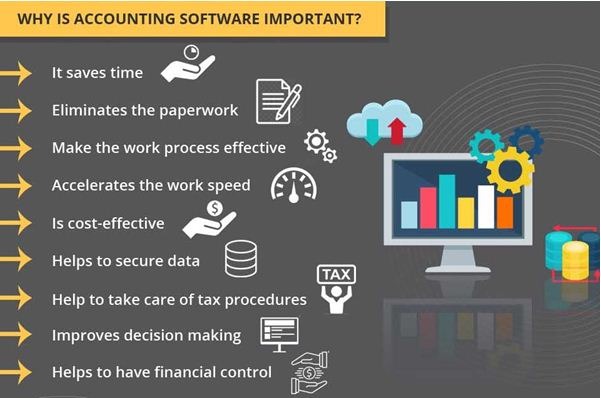Accounting Software allows companies to streamline and simplify procedures in financial administration, maintaining correct reports, and increase operational performance through repetitive activities such as payment processing and reconciliation.
Market Overview:
In 2019, the Accounting Software Market reached USD 12.03 Bn and is expected to reach USD 19.6 Bn by 2025, at a CAGR of 8 percent over the 2020-2025 estimate period. The accounting software and financial management system industry has undergone many shifts in the last twenty years. One of the main shifts is to deliver accounting software applications focused on the cloud.
Accounting software operates internally with various other applications such as CRM, SCM, HRM, and analytical dashboards and reports. Within financial functions such as accounts payable, cash inflows, payroll, and trial balance, accounting solution is used to manage and monitor all such transactions. This software also monitors sales, maintains cash flows, conducts analyses, and produces visualizations and reports. Large businesses and small and medium-sized organizations are widely embracing the best accounting software for tracking financial transactions.

Top 10 Accounting Software
- QuickBooks Online
- NetSuite
- FreshBooks
- SAP Business One
- Sage Intacct
- Microsoft Dynamics GP
- Xero
Types of Accounting Software
Accounting systems can be very generic and provide key features that can be used or highly sophisticated by any firm which include an industry-specific interface for large and medium business. Also important is the distribution model and the way the solution modules are distributed.
Suite vs. in-class – Accounting software can be used to handle any areas of the business financial situation that incorporates payments, but many are just the basic: accounts payable and receivable. Suite systems frequently sell many modules that integrate stock levels, expenditure, task management, payroll, etc. and facilitate and optimize reconciliations between these transactions. More-specialized businesses can make greater use of a program that matches their needs.
Frequently Asked Questions
How can accounting software help?
Accounting software can optimize many of the manual, repetitive work involved in maintaining the transactions. In general, accounting software makes it easier to meet the statutory requirements when operating a company. Accounting tools should be the company's financial center. It is used for tasks such as: sending personalized invoices, generating quotations and estimates, recording expenses, finalizing tax returns, verifying cash flow or profit and loss, establishing budgets and forecasts.
What's the difference between cloud and desktop accounting software?
The platform for cloud accounting runs on the network. Users visit a website to activate the app, then sign up with a username and password. Wherever the users have an internet connection, they can use cloud accounting software from virtually any computer. Users need to install it on their computer to use desktop accounting software, and run it there. All the account details are also stored on the computer.
Read More in Detailed: https://www.360quadrants.com/software/accounting-software
No comments:
Post a Comment